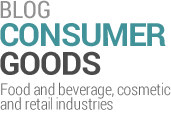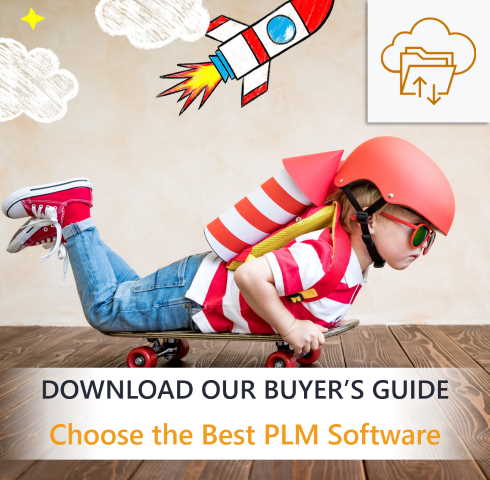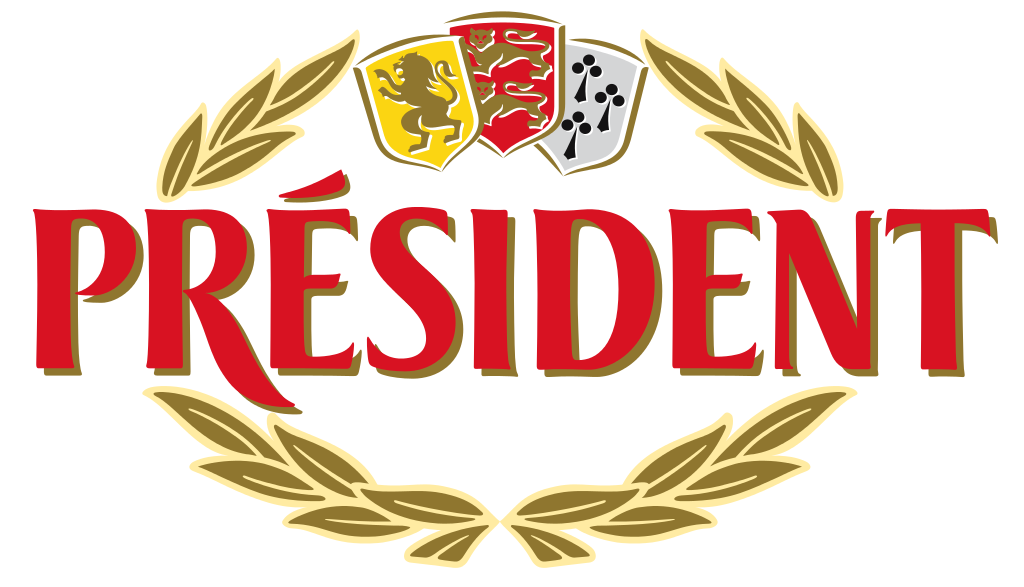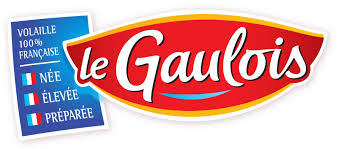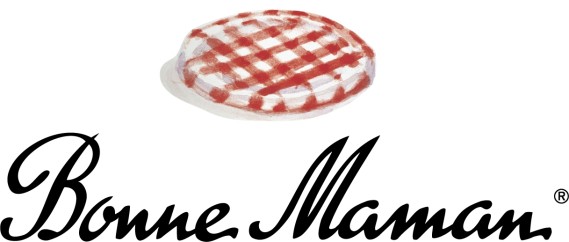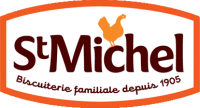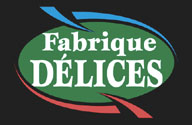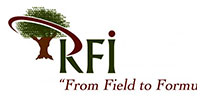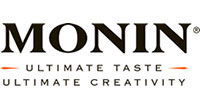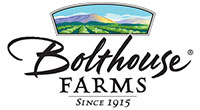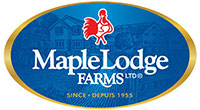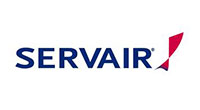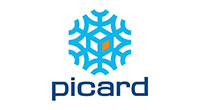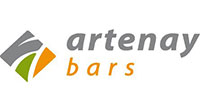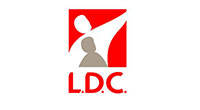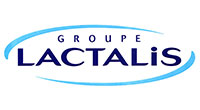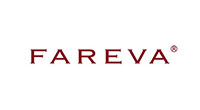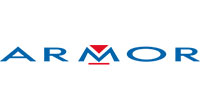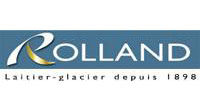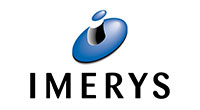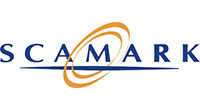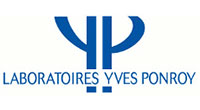
NSF International defines food fraud as: “the deliberate substitution, addition, tampering or misrepresentation of food, ingredients or packaging”. The 2013 horsemeat scandal and the Elliott report commissioned by the UK government at the end of 2014 made consumers realize the food they eat was not as safe and fresh as they think.
Food fraud is estimated to cost the world economy $48 billion annually and the University of Minnesota National Center for Food Protection and Defense has approximated that about 10 % of US food could be adulterated.
Contributing factors to food fraud include:
- the growing length and complexity of supply networks
- the concentration of buying groups and retailers into very few multinational chains
- high pressures on supply prices
- the considerable improvement of shifting methods and long term storage of perishable goods
Improve internal collaboration
Food fraud is a serious matter which requires consideration at the management level and collaboration between all functions to handle it efficiently. There must be more synchronization between the operational, procurement, sales, R&D, quality and marketing departments to be sure to provide consumers the products they ask for and expect to eat.
Improve external collaboration
Knowing the supply chain end-to-end is also central. Companies must work with their supplier base to develop sustainable trusted relationships which go beyond benchmarked audit standards. Manufacturers and retailers should identify and maintain registers of their suppliers especially for their core ingredient suppliers. It is smart to review supplier contracts and make sure terms and conditions are tight enough to avoid cheap substitution.
Know your product portfolio
Companies must know very well their product portfolio. Specifications and certifications attached to products and ranges, key supply requirements, products formulation, allergen and contamination (direct and cross), production methods, sales period or control measures. Food fraud is more complicated for suppliers if manufacturers and retailers are aware of their product portfolio and test them often.
Enhance traceability & claim/recall processes
Traceability is crucial in food fraud. Being able to track each ingredient separately, from origin and step by step to the shelf is important. To be sure of their traceability systems and procedures, companies should challenge them with realistic scenarios and frequent audit, especially for risky and core products.
Consumers’ complaints or procurement concerns should be taken into account very carefully. Storing complaints, answering them and tracking suppliers involved in the defective products could be the first step in food fraud procedures.
Preparing for product recall minimizes the negative effects to human health and brand reputation for food and beverage companies involved. Emergency protocols are a significant aspect of a risk management program. Companies should be well prepared to avoid panicking at the last moment and damage the brand image.
Lascom solutions provides a PLM suite to assist food and beverage companies reducing food fraud while improving sales and margins. Features include:
- A central repository; to benefit from a “single version of the truth” companies store all products, documents and data on a unique platform. Participants have access to the repository considering their business roles and interests.
- A supplier portal; this module enhances collaboration with external participants. Raw materials are tracked from origin to shelf. It is easier to analyze and follow up recalls, claims or comments on ingredients and products.
- A quality module; documentation such as certifications and specifications are attached to each related raw material, semi finished product or finished product. Audits and recalls are easier and quicker using the module and quality teams are able to skip administrative tasks and focus on products’ features.
- Risk management and reporting tools; alerts are easy to implement. Participants decide which items to follow up and compare with forecast. Reporting tools provide graphs and charts showing projects and products advancement, claims, or recalls
To learn more about Lascom CPG suite and avoid food fraud, click here
